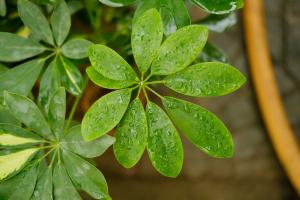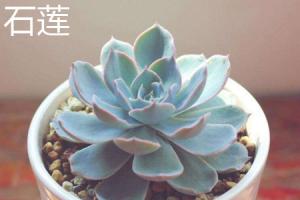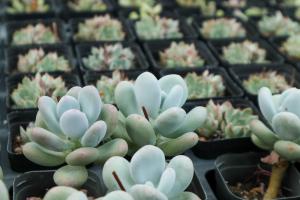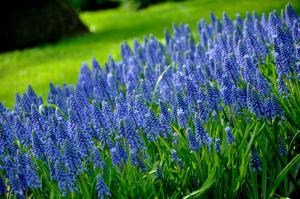Introduction
Potted tomato plants are a great way to grow fresh produce in small spaces. However, these plants have unique nutritional needs, and it can be challenging to know what fertilizer to use to help them thrive. In this article, we will discuss the best types of fertilizer for potted tomato plants.
Organic fertilizers
If you prefer to use organic methods in your gardening, there are several excellent choices for fertilizers. Organic fertilizers are derived from natural sources and provide a slow-release and balanced source of nutrients for your plants. They're an excellent choice for potted tomato plants because they support the growth of healthy roots, and they don't contain any synthetic chemicals that can harm the environment.
One excellent organic fertilizer to use for potted tomato plants is compost. Compost is easy to make at home by collecting and composting kitchen scraps, yard waste, and other organic materials. This nutrient-rich soil amendment is packed with beneficial bacteria, fungi, and other microorganisms that support plant growth. To use compost as a fertilizer, simply mix it into the soil around your tomato plants.
Another great option is worm castings. These are the rich, dark soil produced by earthworms, which are packed with nutrients like nitrogen, phosphorus, and potassium. Worm castings are rich in beneficial microorganisms that help tomato plants grow strong and healthy while also improving soil structure and fertility. To use worm castings as a fertilizer, mix them into the soil or use them as a top dressing around your plants.
Synthetic fertilizers
Synthetic fertilizers are a popular choice in modern gardening because they are easy to use and provide fast results. However, these fertilizers do have downsides, including the potential to burn your plants or contaminate the environment with chemicals. They are also not a sustainable option as manufacturing and shipping them cause negative impact to the environment.
When choosing synthetic fertilizers for potted tomato plants, look for products that are specifically formulated for tomatoes. These will contain the necessary nutrients for strong growth, such as nitrogen, phosphorus, and potassium.
Another important thing to consider when using synthetic fertilizers is the timing of application. It's important to follow the manufacturer's instructions and not to over-fertilize your plants, as this can lead to nutrient imbalances and plant damage. Also, some synthetic fertilizers contain high amounts of salt, so watering your plants properly to flush out excess salt is necessary.
Conclusion
In conclusion, choosing the right fertilizer for your potted tomato plants can be the difference between a bumper harvest and a lackluster crop. Organic fertilizers like compost and worm castings provide a slow-release source of nutrients that will support strong, healthy plant growth. Synthetic fertilizers can also work well if you're careful to choose the right products and use them properly. Either way, make sure to read the instructions carefully and to follow the instructions for the best results. Happy gardening!

 how many times do yo...
how many times do yo... how many planted tre...
how many planted tre... how many pine trees ...
how many pine trees ... how many pecan trees...
how many pecan trees... how many plants comp...
how many plants comp... how many plants can ...
how many plants can ... how many plants and ...
how many plants and ... how many pepper plan...
how many pepper plan...

































